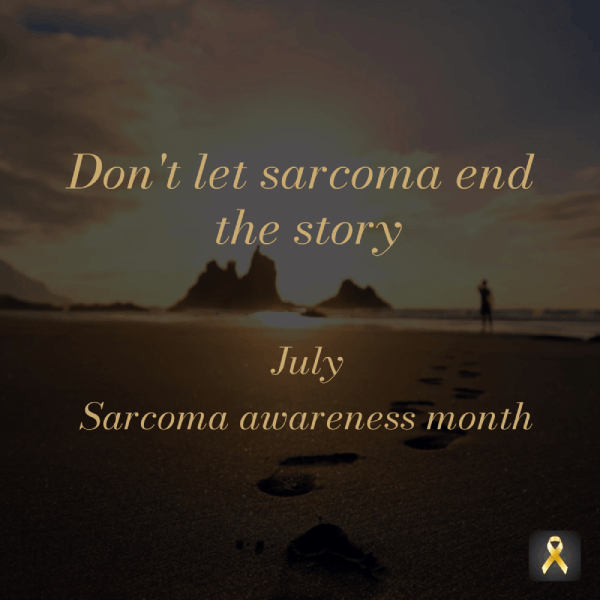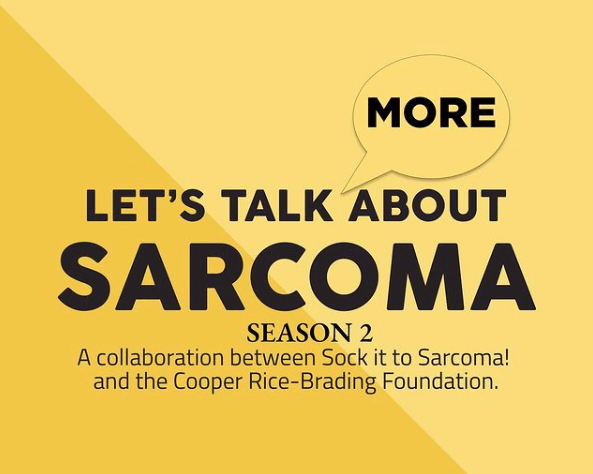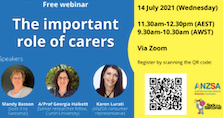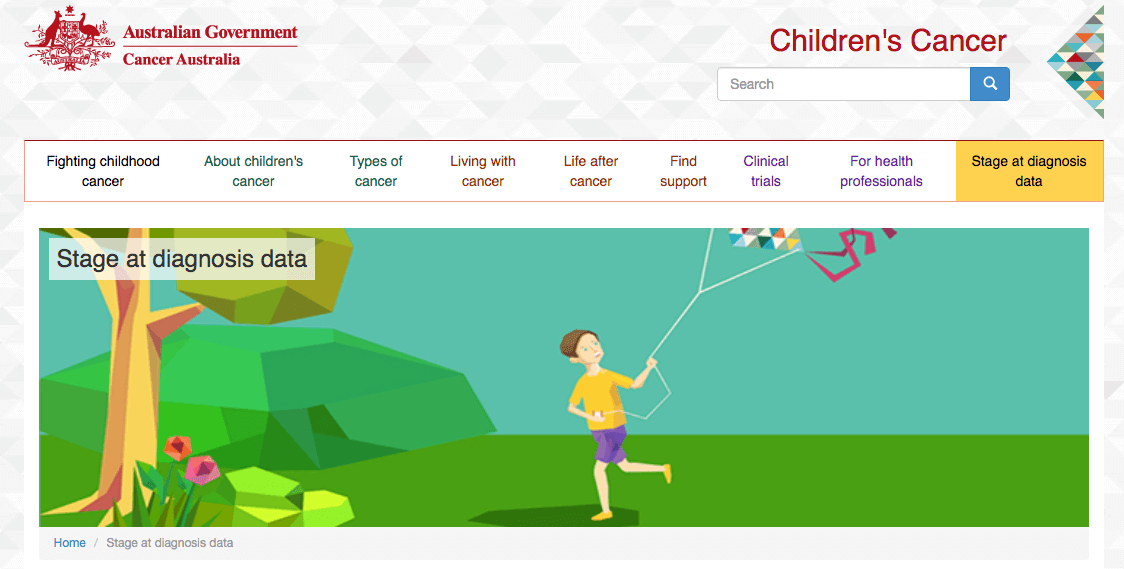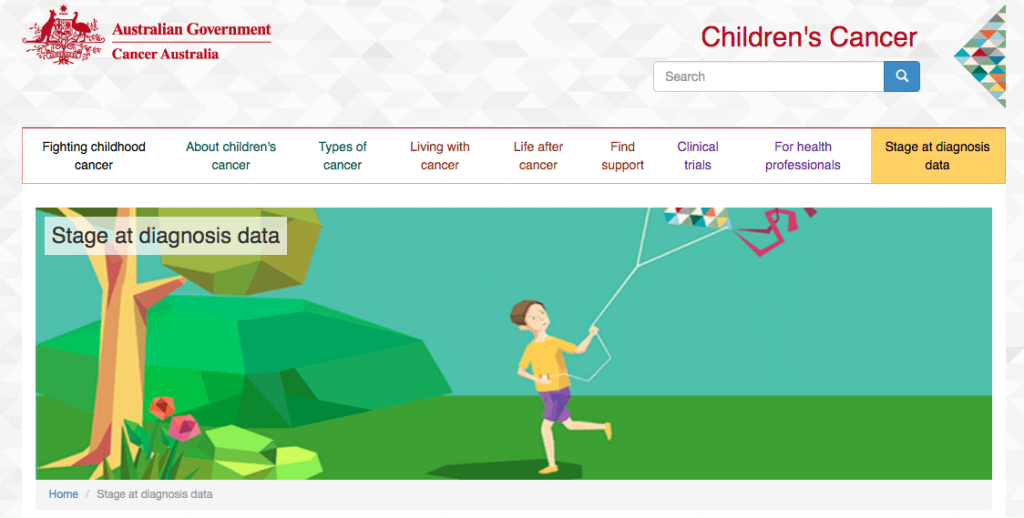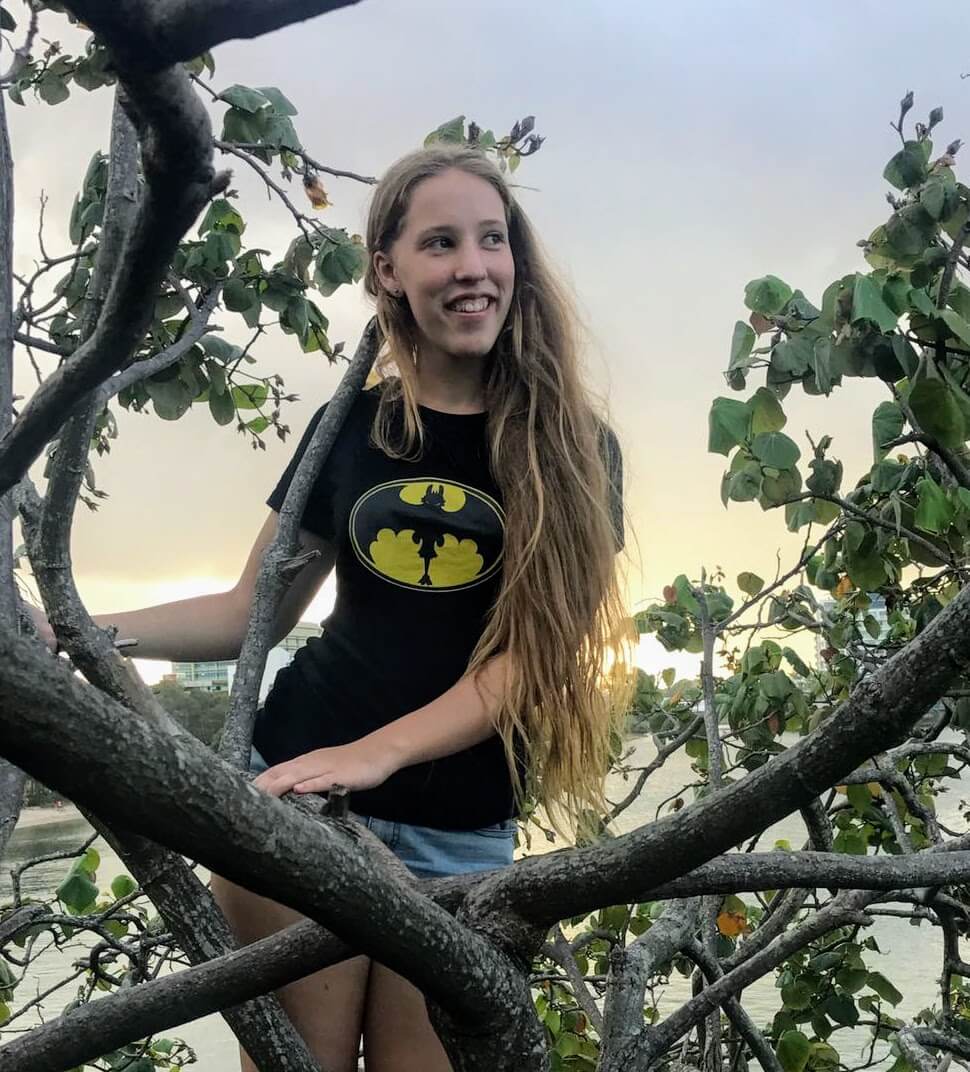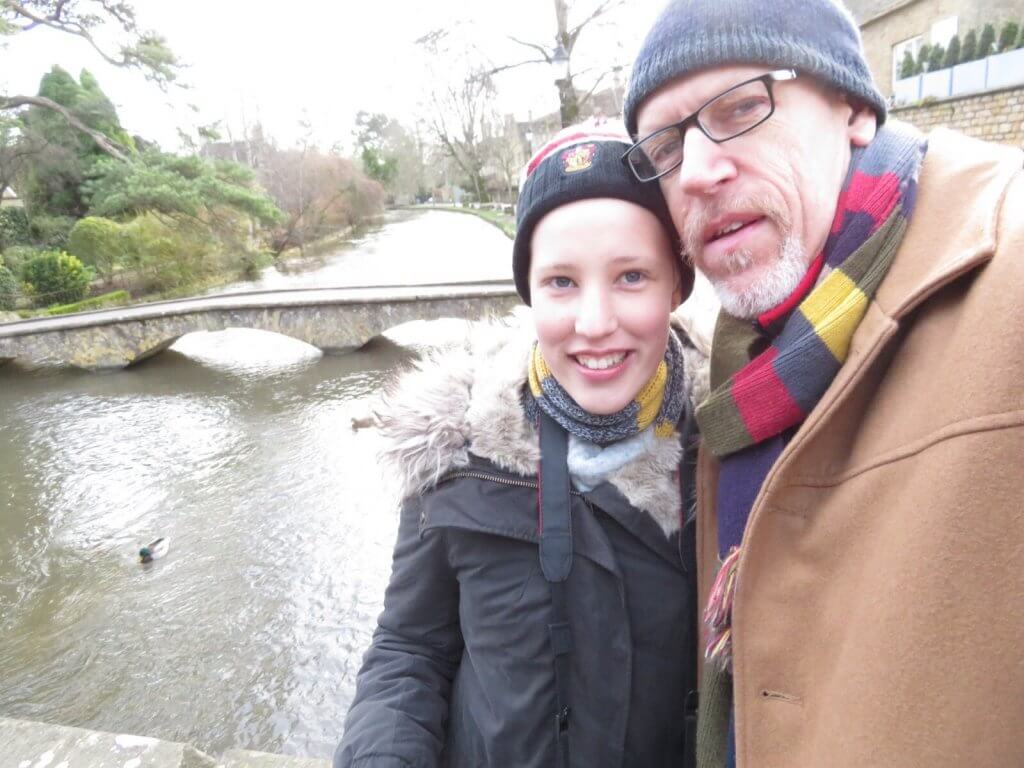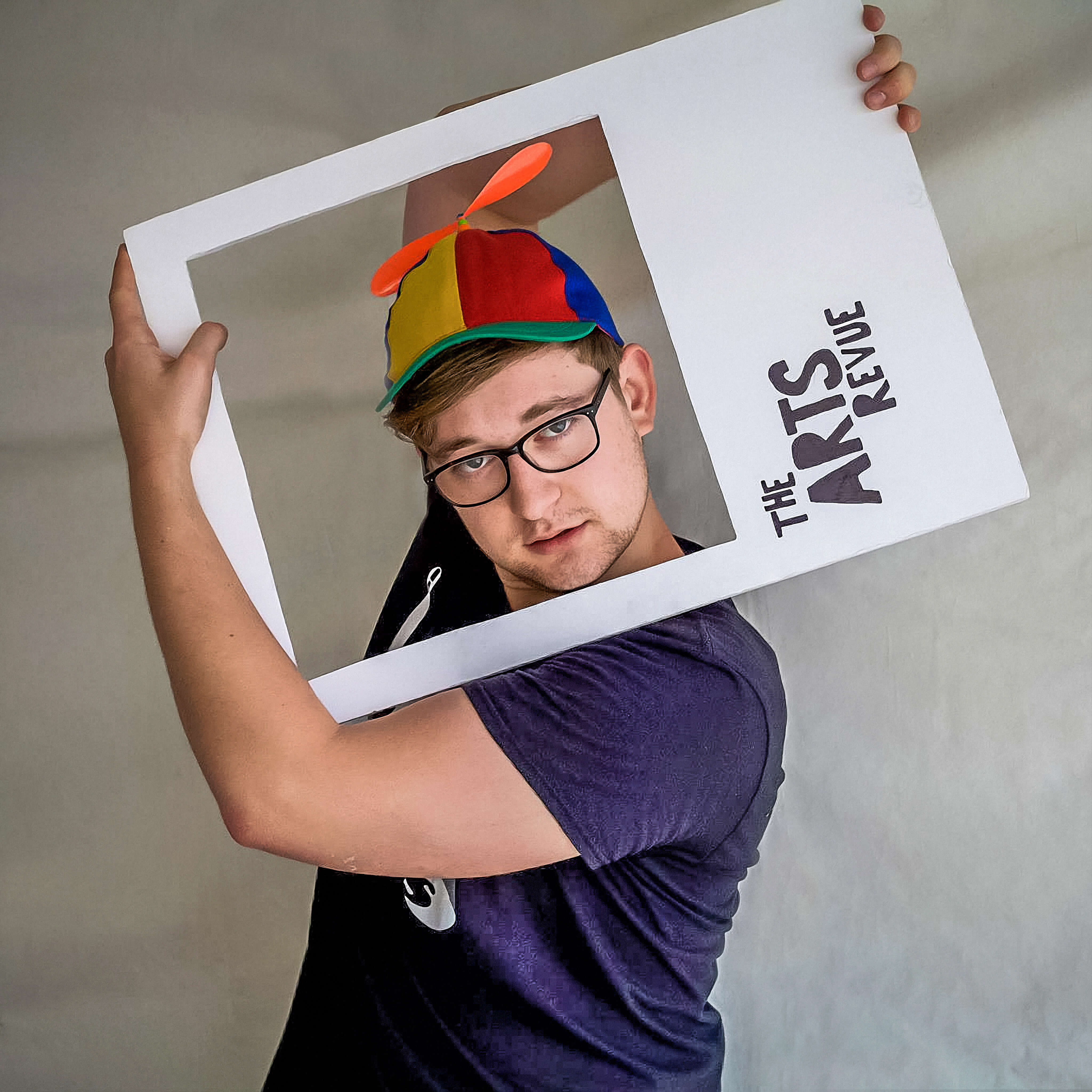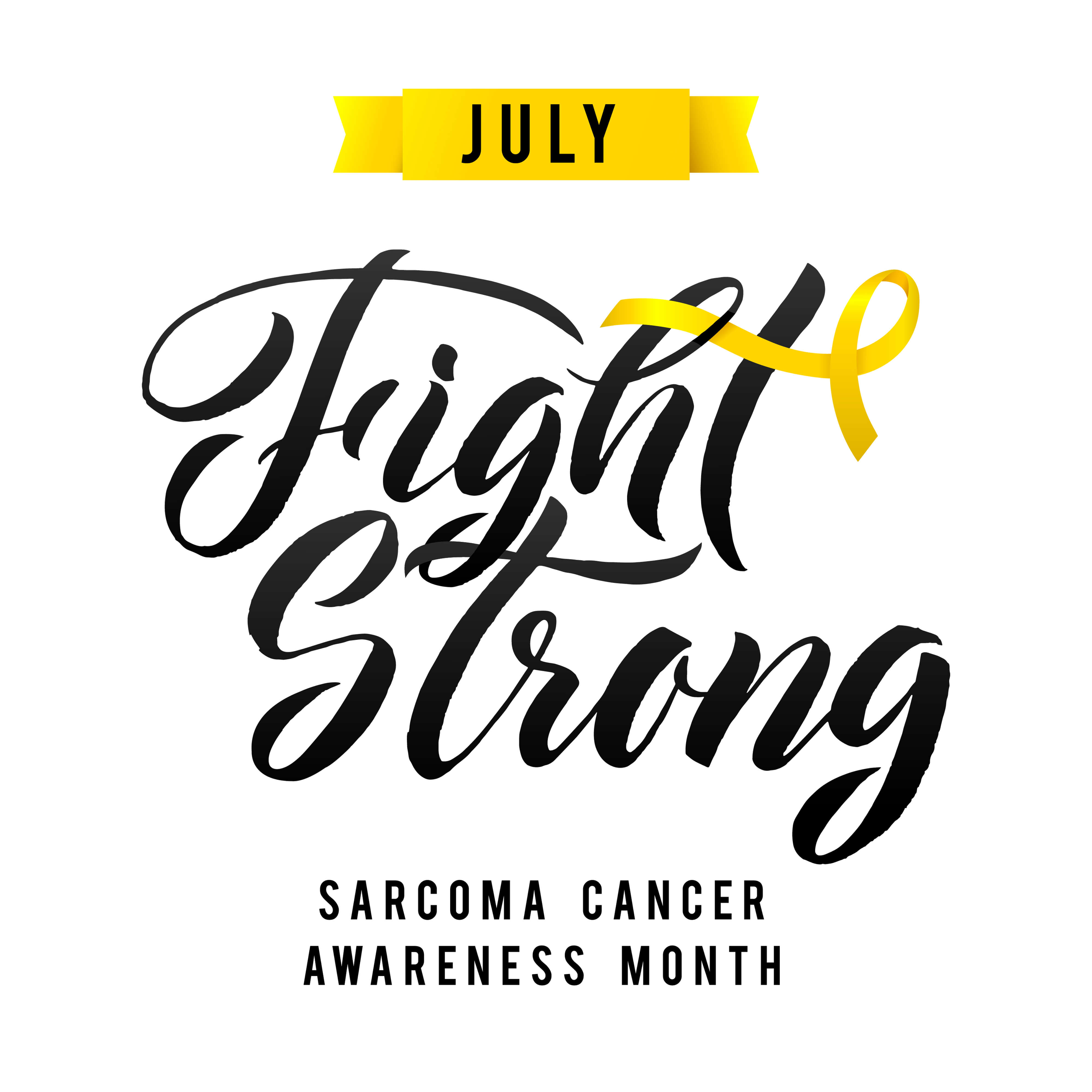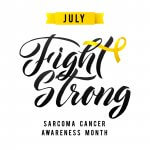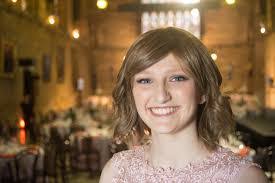In March 2020, Dr Matthew Fisher received the devastating diagnosis of rhabdomyosarcoma and embarked on one of the most grueling treatment regimens imaginable. Throughout this ordeal, his courage and resilience never faltered, and his selflessness remained boundless.
Matt is survived by his much-adored wife, Naomi, who stood as his unwavering rock, walking every step of this harrowing journey by his side. Despite the immense challenges, she skilfully balanced the demands of caring for their two precious daughters, Vivienne and Sylvie, who were aged four and one at the time.
This young family, whose seemingly perfect life was shattered by sarcoma, has imparted profound lessons. Their humility and grace in the face of adversity were extraordinary, embodying perseverance and determination each day, even when faced with little positive news. Their enduring love story is a testament to the strength of their bond and will forever be remembered.
The extended family also played crucial roles, each member stepping up to envelop Matt, Naomi, and the children in a shroud of love and care. We learned much from witnessing the humility and grace with which Matt, Naomi, and their extended families, including his parents and sister in the UK, faced immense challenges.
Matt, a softly spoken and modest man, demonstrated extraordinary courage and resilience throughout one of the most brutal treatment regimens. During his treatment in 2020, Matt continued his work as a chemical patent examiner, researching the patents on his chemotherapy drugs and sharing his findings with his oncologist, who believed one of the drugs to be an Australian invention.
Matt’s oncologist, Associate Professor Paul Craft, is renowned for his exceptional care, compassion, and expertise. Always willing to explore all treatment options and think innovatively, Professor Craft ensured Matt’s needs were heard and promptly addressed. Matt received the highest standard of care from a clinician with both exceptional skill and a profound sense of empathy.
Professor Craft’s Nurse Coordinator, Amber, played an integral role in the outstanding Canberra team. This often-overlooked role is crucial, alleviating much of the burden from the patient and family.
The importance of early diagnosis for sarcoma patients is globally recognised and can significantly impact the disease’s trajectory. A special doctor at the Canberra Hospital emergency department, “Dr. Nick,” was unsatisfied with the initial scan results and promptly referred Matt to the sarcoma specialist multi-disciplinary team. This pivotal decision, made by a young doctor encountering a rare cancer, was crucial.
Given Matt’s scientific background, he wished to support the critical research needed to change the current trajectory for sarcoma patients. 100% of this research fund were directed to the IL-23 sarcoma sub-study at the Garvan Institute of Medical Research. This pioneering study, open to all sarcoma sub-types has provided valuable steps forward to unlocking the secrets of sarcoma.
Matt’s legacy has raised in excess of $100,000 for the IL-23 study, a truly remarkable testament to his enduring impact, generosity and his profound concern for those who would walk this road behind him.


